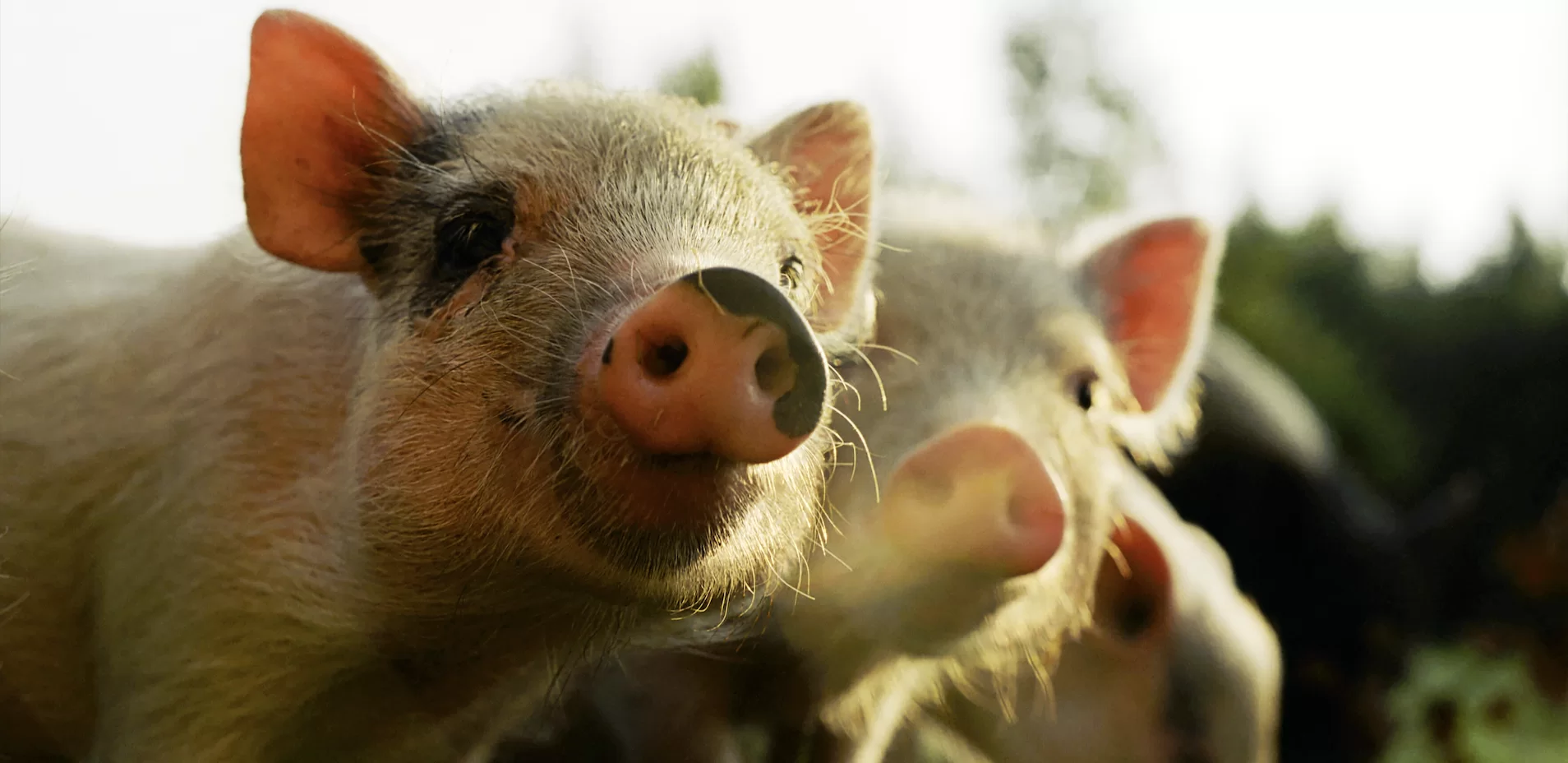
SAFE’s historic court case – How can we uphold our animal welfare laws in the future?
May 21st, 2020Paris Waterworth is SAFE’s Campaigns Assistant and resident legal expert. She was admitted to the bar in 2019. In this series, Paris will be demystifying legal processes and shedding light on how court proceedings can translate into real-world justice for animals like mother pigs.
On 8 June SAFE and the New Zealand Animal Law Association are going to court to prove that the continued use of farrowing crates and mating stalls in New Zealand is illegal under the Animal Welfare Act 1999.
SAFE has been campaigning to free mother pigs from these cruel cages for many years, and we are going to court now only after exhausting all other options. Though we will do whatever we can to free mother pigs, we should not need to take legal action simply to ensure that our law is being followed.
New Zealand’s Animal Welfare Act is world leading. However, this key piece of legislation must be complied with and enforced to truly promote the welfare of animals and prevent their ill-treatment. There are some important changes that are needed to ensure that SAFE will not be compelled to take further legal action to protect animals.
Firstly, the Ministry for Primary Industries (MPI) and the SPCA, the two organisations primarily responsible for enforcing the Act, both require significantly more resources. The SPCA receives little government funding, and most of their funding comes from donations. MPI is similarly under-resourced and is responsible for over 160 million farmed land animals, yet has only 26 inspectors for the whole country. Presently, less than 1% of complaints received by either agency ever reach prosecution, which is significantly less than in other areas of criminal law.
Increased state resourcing for both MPI and the SPCA, including sufficient numbers of animal welfare inspectors and adequate government funding, would enable both organisations to enforce the Act properly. This would allow for appropriate proactive inspection and monitoring, along with the ability to enforce compliance with animal welfare standards.
Another solution, which would ensure that the Animal Welfare Act is upheld and enforced, is the creation of an independent body solely responsible for animal welfare. MPI is currently responsible for enforcing animal welfare laws on farms, as well as the promotion of New Zealand agriculture and exports. This is a conflict of interest ‒ what is best for the agricultural sector and export revenues may not be best for the welfare of animals. A Crown entity for animals could advocate for animal welfare, regulate and enforce animal welfare laws and provide independent oversight to protect animals.
If the potential of the Animal Welfare Act 1999 were realised, New Zealand would have a world-leading animal welfare system. However, it should not be left to charities to expose and investigate animal abuse or to enforce our animal welfare laws. To fulfil this potential, we need to have better resourcing of the SPCA and MPI, and we need to establish a Crown entity which can be the voice for all animals in Aotearoa.
 SAFE Animal Squad
SAFE Animal Squad